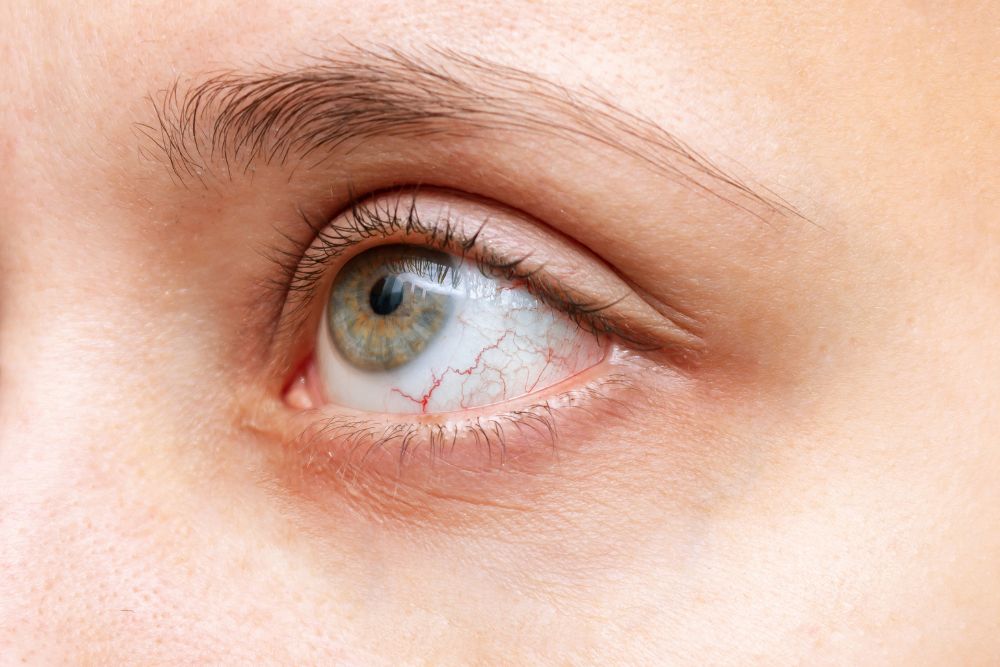The Connection Between Autoimmune Diseases and Uveitis

Originally published by The Retina Eye Center
The immune system works tirelessly to defend against harmful antigens. While it’s mostly successful, the immune system sometimes mistakenly attacks healthy cells, tissues, and organs, causing various autoimmune diseases.
Uveitis occurs when inflammation affects the healthy tissue within the uveal layer of the eye, which is situated between the retina and the sclera (the white part of the eye). It can also develop when antibodies attack healthy eye tissue within the uvea. Inflammation from uveitis may originate as a response to a disease, infection, injury, or toxin.
There is a strong correlation between uveitis and underlying autoimmune illnesses, including acquired immunodeficiency syndrome (AIDS), lupus, multiple sclerosis, and rheumatoid arthritis. Infections or related conditions, like cytomegalovirus (CMV) retinitis, may also contribute.
Uveitis Subtypes and Symptoms
There are four uveitis subtypes that range in symptoms and severity depending on the inflammation’s location. These subtypes include:
- Anterior uveitis: This is the most common subtype, involving swelling and inflammation in the eye’s front portion.
- Intermediate uveitis: This subtype affects the eye’s peripheral retina, which is responsible for side and night vision, as well as the vitreous gel, the clear substance that makes up most of the eye’s volume.
- Posterior uveitis: This subtype affects the back of the eye, including the choroid (a vascular layer of blood vessels) and tissue connecting the sclera to the retina.
- Panuveitis: This subtype involves inflammation of the entire uveal layer of the eye.
Uveitis symptoms may develop gradually or suddenly, occur once or multiple times, or affect one or both eyes. Common symptoms include:
- Eye redness
- Eye pain
- Floaters in your vision
- Blurriness
- Light sensitivity
- Decreased vision
If left untreated, uveitis can lead to permanent vision loss. Therefore, regular eye exams are essential for individuals with autoimmune diseases who are at risk of developing the condition.
Uveitis Treatment
Patients have a good chance of preserving their vision when uveitis is detected early. Treatment may involve anti-inflammatory eye drops or oral medications. Additionally, corticosteroid eye drops can diminish redness, inflammation, discomfort, and pain. Your retina specialist may suggest steroid tablets, injections, immunosuppressive medications, or surgery based on your condition.
Get Top-Rated Care for Uveitis
It’s important to recognize how autoimmune diseases can impact all parts of the body, including the eyes. The sooner uveitis is caught, the faster you can get treated, safeguarding your vision. To schedule a dilated eye exam or ask any questions about autoimmune conditions and uveitis, contact the expert team at The Retina Eye Center today.